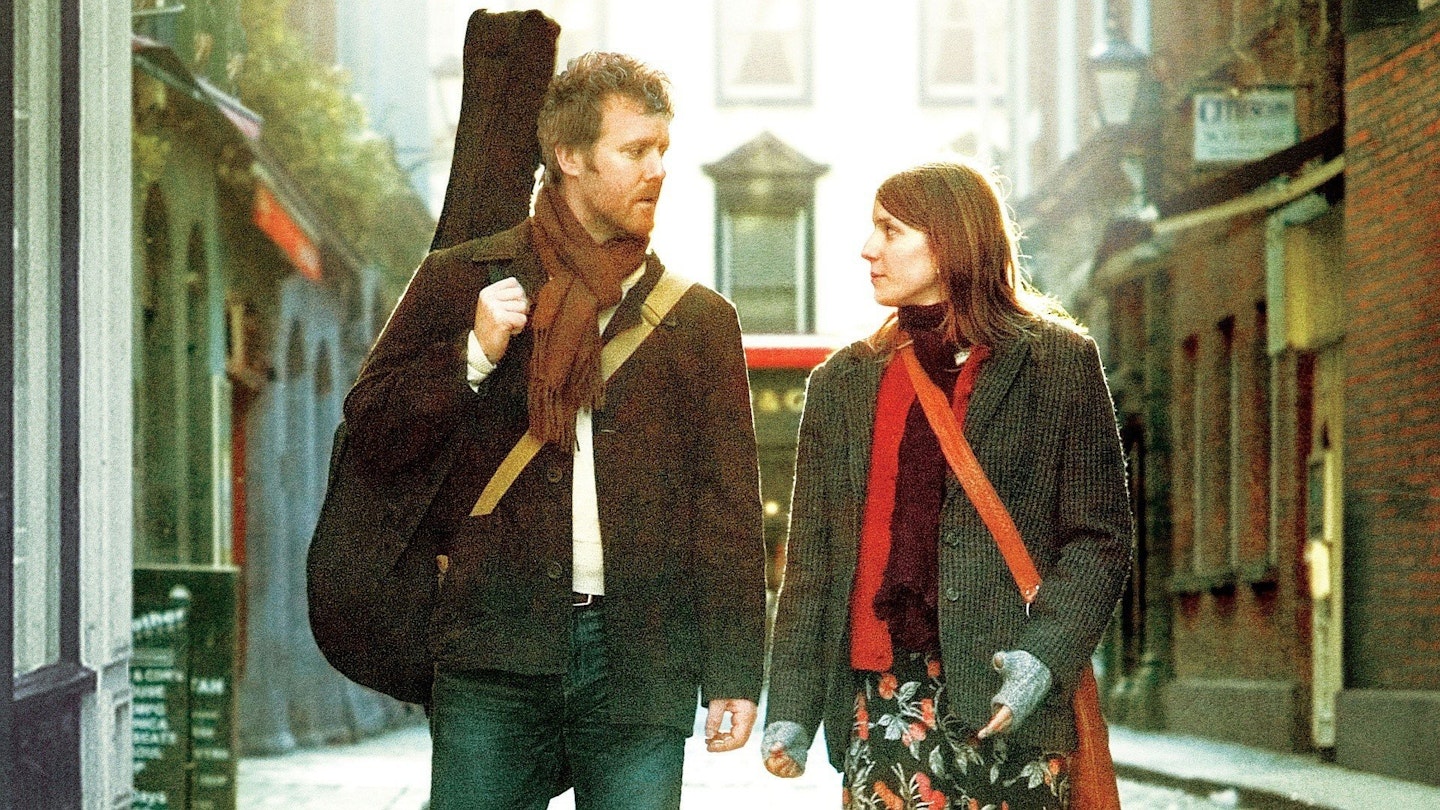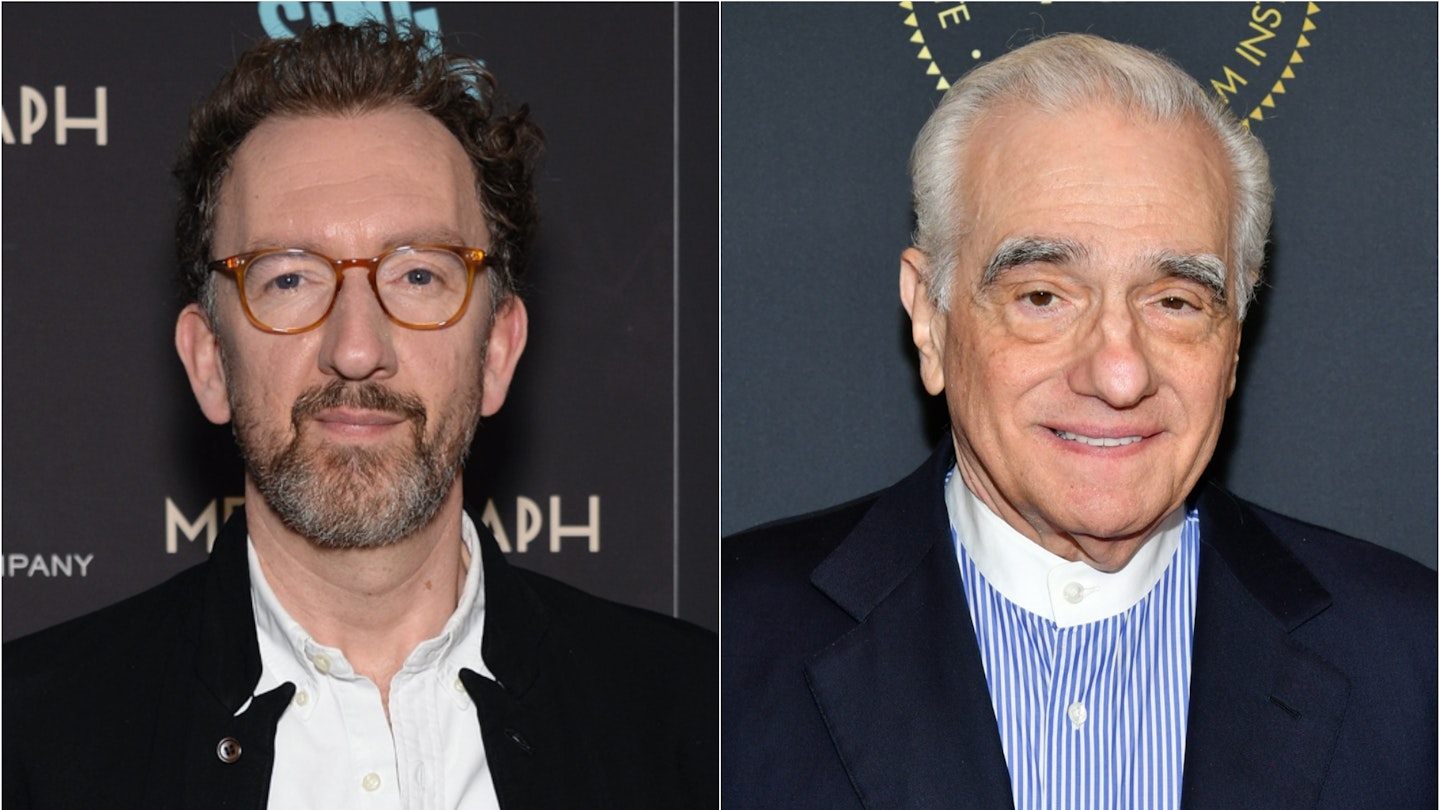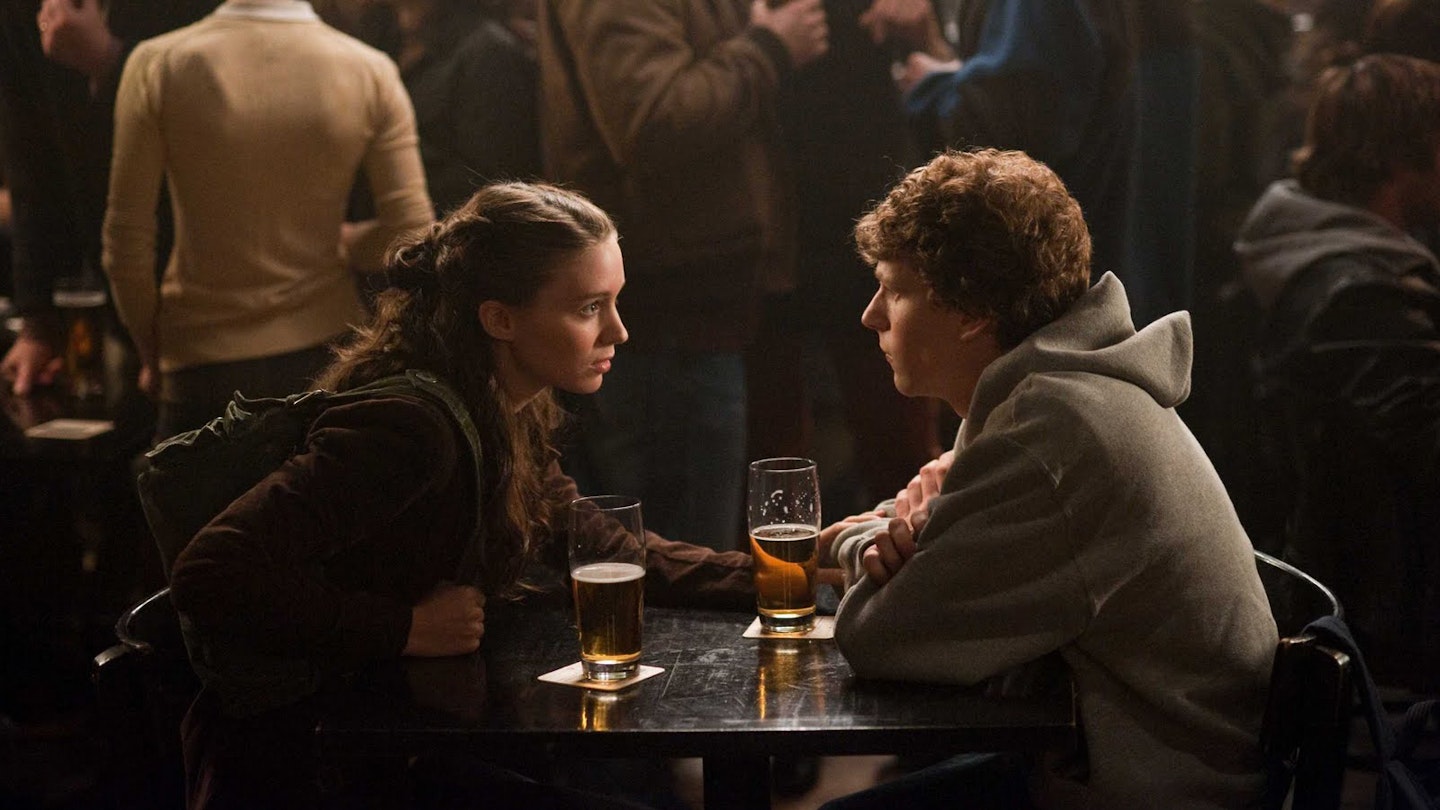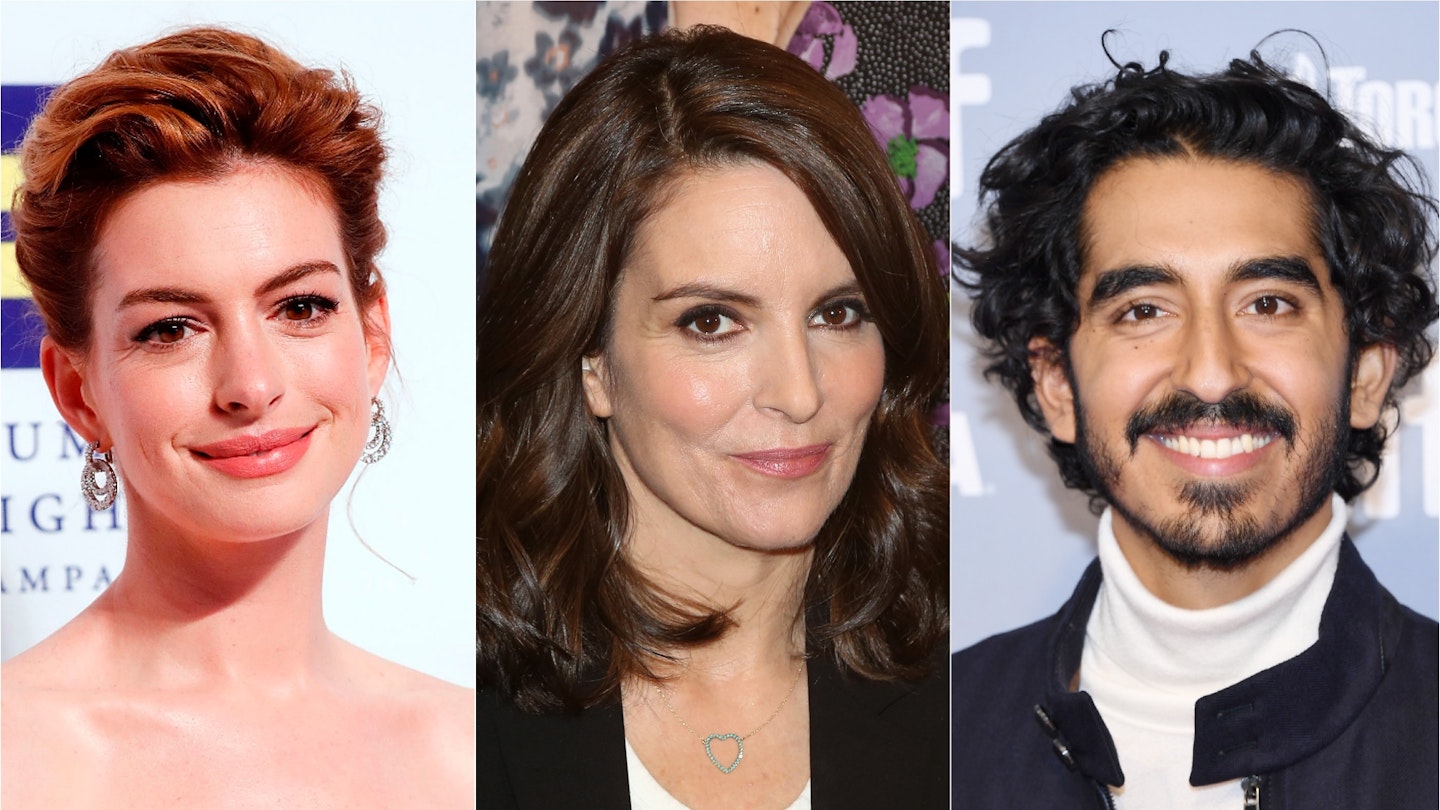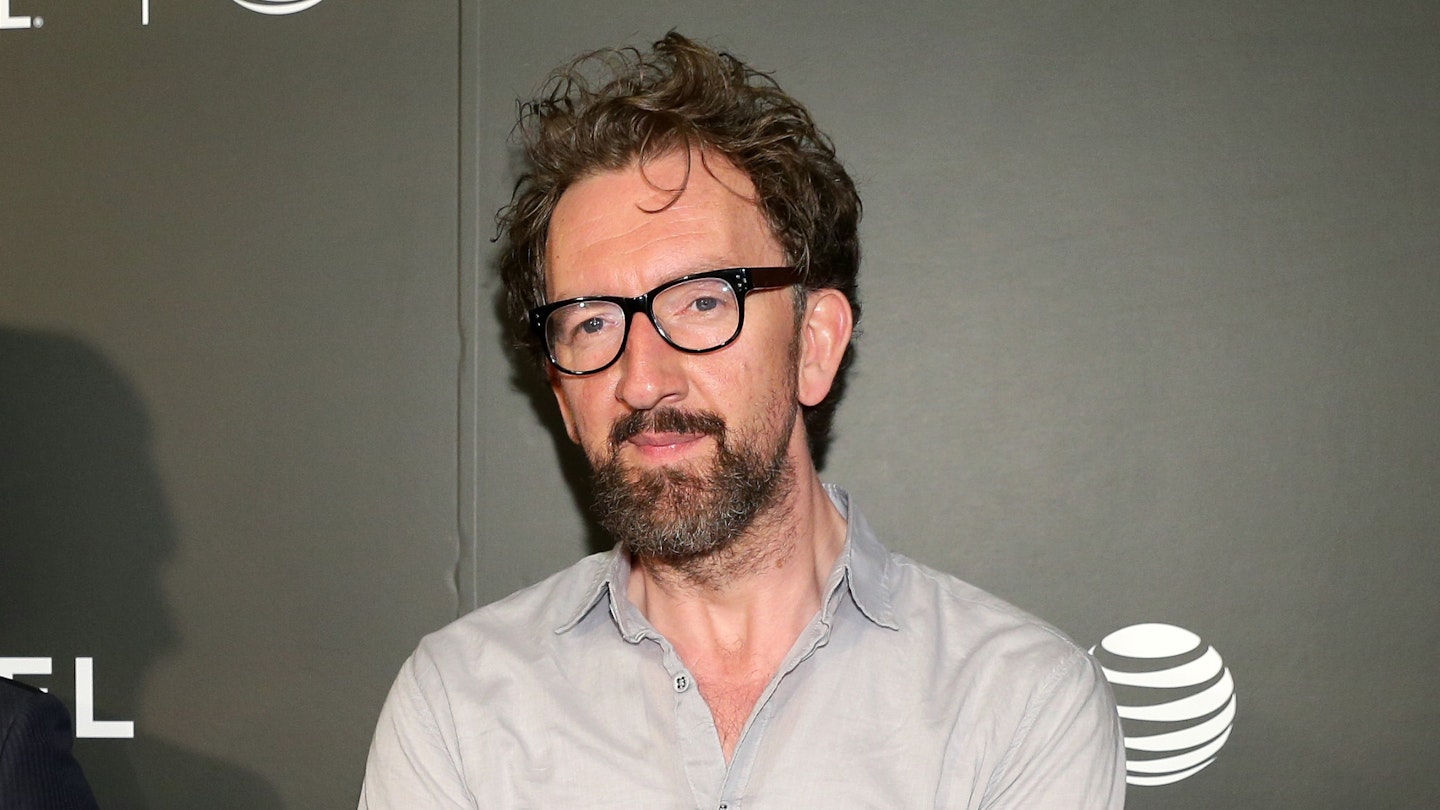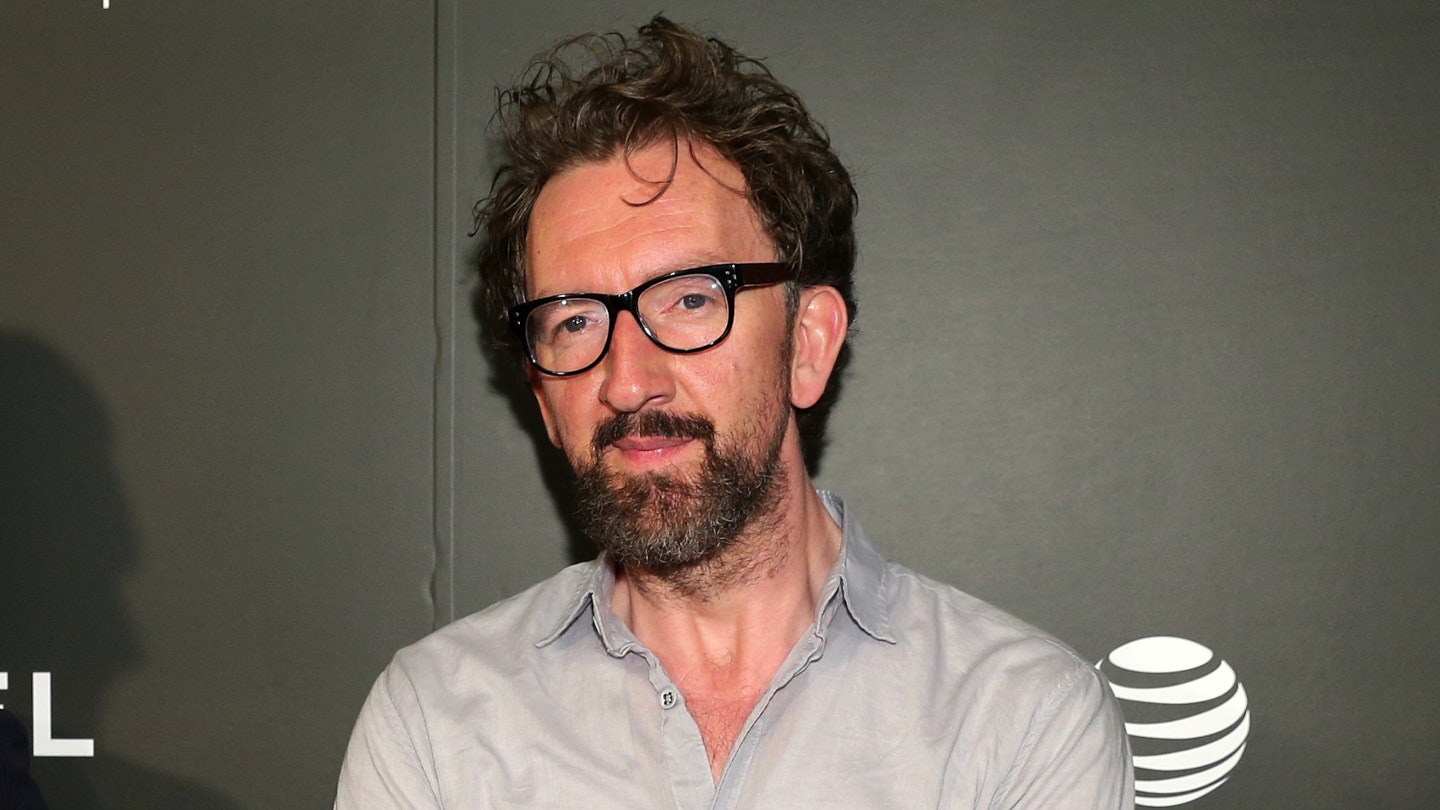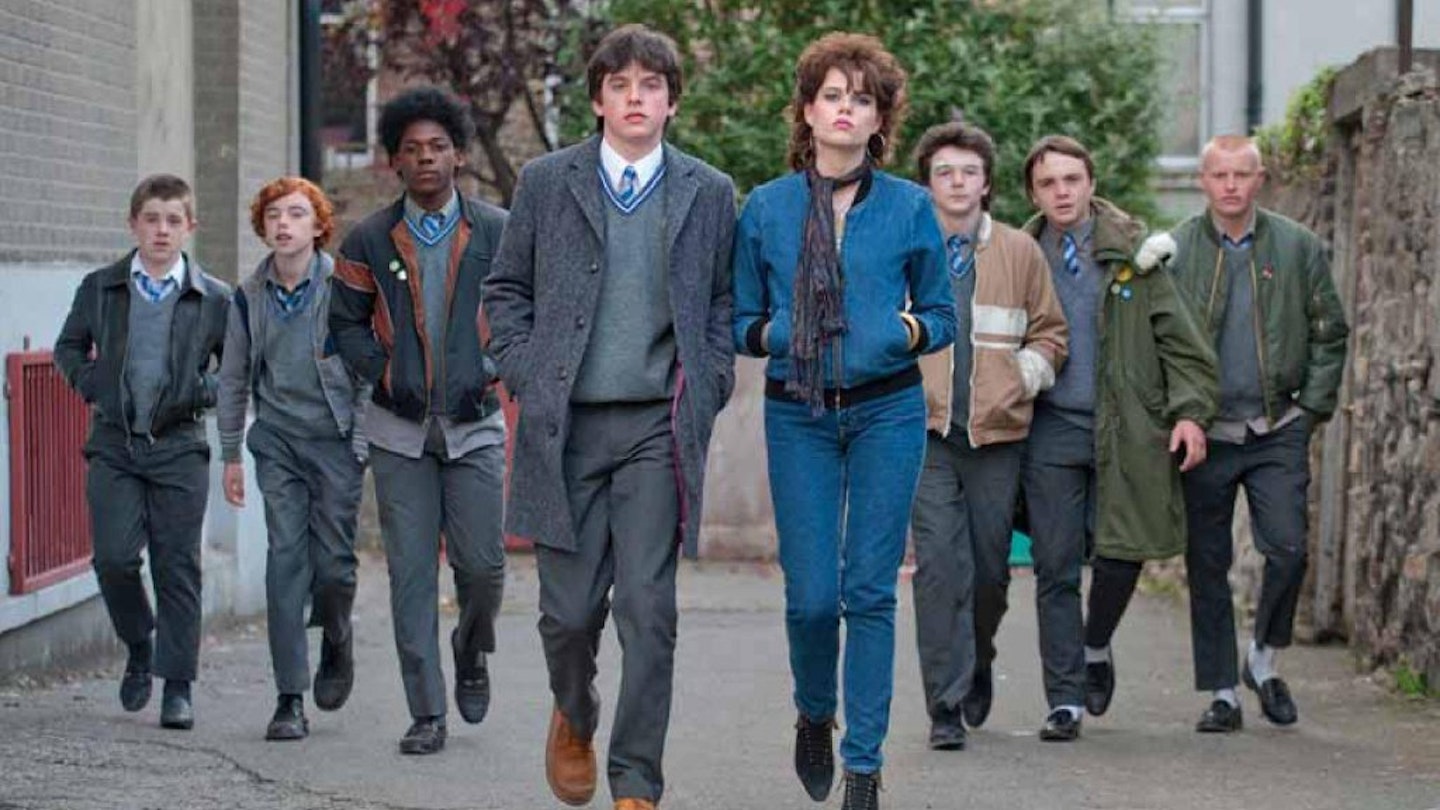Every year, while the big studio titans battle for box-office supremacy, a few indie whippersnappers manage to weave their way through the tumult, emerging unsquished and lauded for their success. So while our expectations of the much-hyped monsters are either met or (more likely) punctured, it’s always welcome when a film pops up from nowhere to steal your heart.
So it is with Irish director John Carney’s Once, which won the Audience Award at Sundance and counts Steven Spielberg among its admirers. You could call it a sleeper, but it’s more like the dream. But it’s hard to make it sound even halfway appealing. A movie about a guy who composes whinge-ballads on an acoustic guitar? A love story with no sex?
It’s also a film with some very scuffed edges. Carney’s loose, low-fi shooting style isn’t particularly pretty, and despite the social-realist trappings he allows himself a few scenes which, under cold scrutiny, border on corny. One such moment sees ‘Guy’ (Glen Hansard) and band in the studio, having been dismissed as time-wasters by a surly engineer. A verse into their first recording, the engineer starts to nod in approval. By the end of the song he’s a fan. Talent wins out, as it can only in a movie.
But here’s the good news: it’s impossible to scrutinise moments like this coldly, or object to the muddy photography, for two crucial reasons. Firstly, the songs are fantastic. And secondly, you can’t help but love the people who’ve written them. And they’ve really written them.
Leads Hansard (aka Outspan from The Commitments) and Markéta Irglová (making her debut) had already recorded an album together and collaborated on all of Guy and Girl’s songs here. So there’s no dubbing, no miming, none of that gleaming-toothed ersatz quality that hopscotches through your usual big-screen musical. This is why, ultimately, the rough shooting-style suits: it’s more like catching a pair of true, raw talents in one take than watching an elaborately stage-managed show that follows months of rehearsal and leotard-tight choreography. One scene sees Girl sing along to a temp track that’s playing on a Discman as she walks along the street in her pyjamas; another has Guy composing a tune while he’s mooning over home-video footage of his ex-girlfriend (Marcella Plunkett). In short, it’s less razzle-dazzle, more warm glow.
Anchoring such moments are Hansard and Irglová’s tender, natural performances. He’s self-effacing and likeable; she’s plucky, cheeky and sweet. Both, though, have been hardened by tough experience, emotionally and financially. As suggested by the fact they display an instant connection through their music, you feel these two are destined to be together whatever the obstacles (he’s pining for his ex, she has a young daughter), their songwriting just a prelude. Naturally, things aren’t that simple. A subtle, engrossing romance ensues, but it’s one which is achingly platonic, laced with a bittersweet tang.
Still, Carney knows how to end on a high note, if not the kind you expect. Appropriately, he concludes with the most impressive shot in the movie, one guaranteed to leave a tear in your eye, and for all the best reasons, too.
